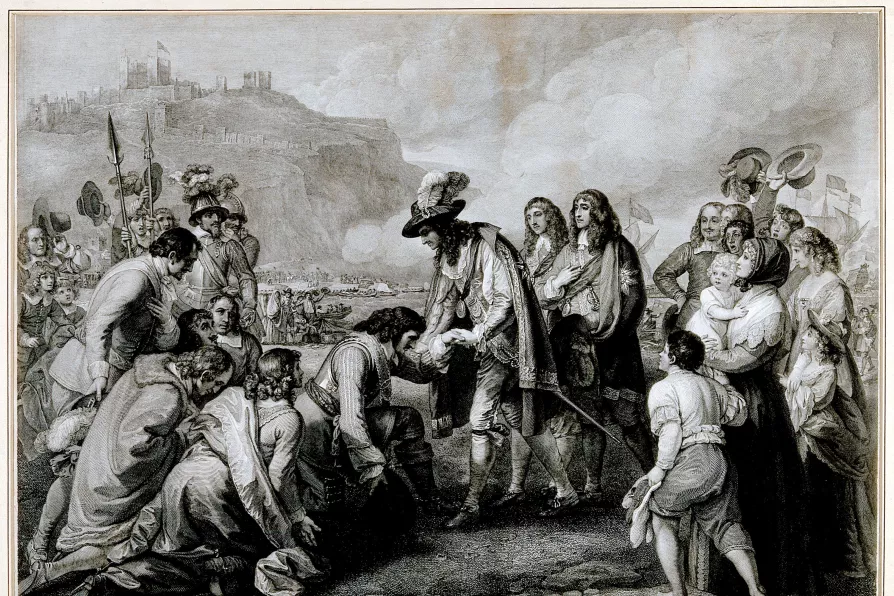
 HISTORIC DEFEAT: Charles II landing in Dover in 1660
[Wellcome Images/Creative Commons]
HISTORIC DEFEAT: Charles II landing in Dover in 1660
[Wellcome Images/Creative Commons]
ROSA LUXEMBURG saw the future as a choice between socialism and barbarism.
In that respect, the presidential landslide for Donald Trump is not good news for the left. Of course, Trump does not lead directly to barbarism, but there is a clear direction of travel, although whether he or his Democratic opponent would be the more likely to start a world war is a moot point.
In the US, abortion rights, civil liberties and much else may be under question and threat. No doubt, organisations from the community and from the labour movement will fight to defend them.

The selection, analysis and interpretation of historical ‘facts’ always takes place within a paradigm, a model of how the world works. That’s why history is always a battleground, declares the Marx Memorial Library

Who you ask and how you ask matter, as does why you are asking — the history of opinion polls shows they are as much about creating opinions as they are about recording them, writes socialist historian KEITH FLETT

The summer saw the co-founders of modern communism travelling from Ramsgate to Neuenahr to Scotland in search of good weather, good health and good newspapers in the reading rooms, writes KEITH FLETT











